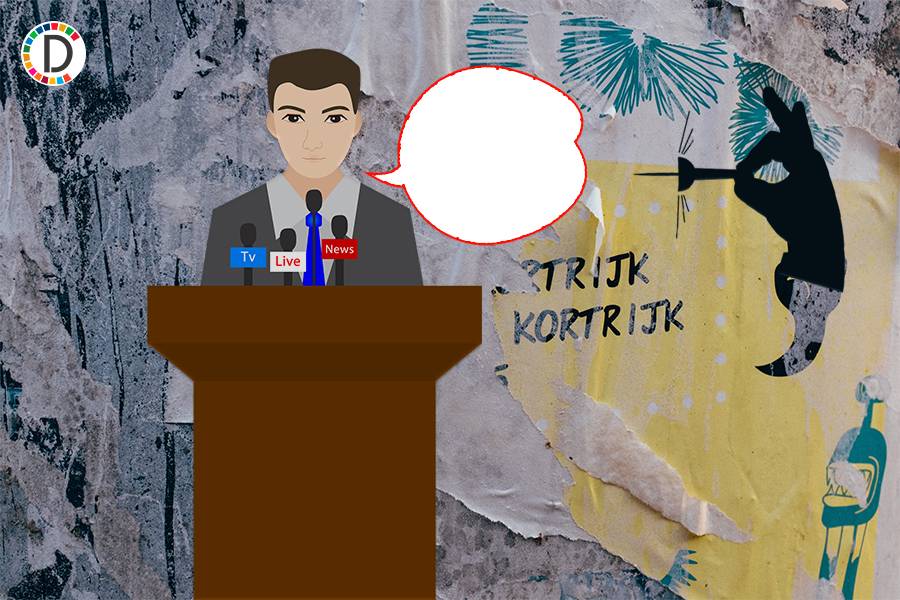Moldova says Russia has no right to lecture on democracy
"Minister Lavrov and the Kremlin regime have no moral right to lecture on democracy and freedom," Moldova's Foreign Ministry said in a statement issued on Saturday. "A country that imprisons opposition politicians and kills them, unreasonably attacks its neighbours, has nothing to offer the world but blood and pain." On Saturday, Russians queued to lay flowers on the grave of Alexei Navalny, President Vladimir Putin's fiercest critic inside Russia, who died at the age of 47 in an Arctic penal colony on Feb. 16.

Russia has no right to lecture on democracy, the Moldovan Foreign Ministry said in a statement on Saturday, as tensions between the two countries have risen after Moldova's breakaway Transdniestria region asked Moscow for help.
Russian Foreign Minister Sergei Lavrov said earlier in the week that the Moldovan government "is following in the footsteps of Kyiv" after Transdniestria turned to Moscow to help its economy withstand "pressure" from the Moldovan government, which the Chisinau administration dismissed as a propaganda event. "Minister Lavrov and the Kremlin regime have no moral right to lecture on democracy and freedom," Moldova's Foreign Ministry said in a statement issued on Saturday.
"A country that imprisons opposition politicians and kills them, unreasonably attacks its neighbours, has nothing to offer the world but blood and pain." On Saturday, Russians queued to lay flowers on the grave of Alexei Navalny, President Vladimir Putin's fiercest critic inside Russia, who died at the age of 47 in an Arctic penal colony on Feb. 16. Supporters said he had been murdered.
Navalny's death came nearly two years after Moscow launched its full-scale invasion of Ukraine, a war that has no end in sight and in which civilians continue to die. Russia's invasion of Ukraine sparked fears that Moscow might seek to sweep westward through southern Ukraine all the way to the Transdniestria separatist region, which says it has 220,000 Russian citizens.
Relations between Moldova and Russia have also frayed as the Chisinau government has steered a pro-European course and accused Moscow of trying to destabilise it. "We are building a European future so that all our citizens, regardless of language and ethnicity, live in peace and prosperity," the Moldovan Foreign Ministry said in its Saturday's statement.
(This story has not been edited by Devdiscourse staff and is auto-generated from a syndicated feed.)
ALSO READ
Unveiling Linguistic Ties: Tamil-Indo-European Dictionary Launched
European Shares Rise Amid Corporate Optimism and Eased AI Fears
European Shares Rally Amidst Improving Earnings and Easing AI Disruption Concerns
European Defence Giants Unite for Low-Cost Air-Defence Revolution
Gold Shines Amid U.S.-Iran Tensions and European Bond Yield Drops










